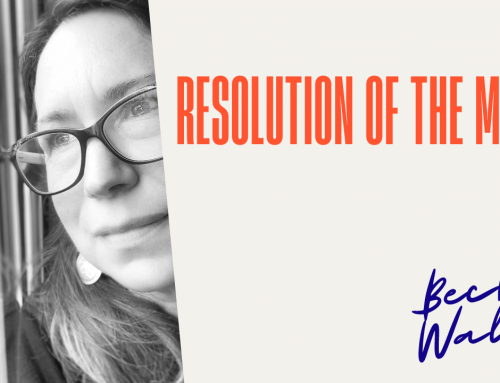For men and women the impulse of attraction is very different and unconscious. Men have millions of sperm and women one egg a month. Men are chasers and women are choosers. This is how are brains are hard wired. It is designed this way for the progression of the human race. In her book, The Female Brain, Louann Brizendine M.D (2006) explains, “For the first few times a person has sex with a new partner there is a release of drug high- like brain chemicals; dopamine and serotoni.” Which is why most of us tell our friends ‘I’ve never felt like this before!’ We feel amazing because of this person/ love/ lust all rolled into one. But Mother Nature has a cunning plan! Her aim is procreation of the species. I assume Mother nature is unaware of contraception and she believes that if the man hasn’t got the woman pregnant in the two or three months in a relationship, the gentleman in question must be infertile, and turns down this boost of chemicals, which leads a woman to think that he isn’t Mr. Right after all, and she suffers a drop in sexual desire.
In his book Simply Irresistible Dr Raj Persaud (2006) explains that MRI (magnetic resonance imaging) tests have been conducted which show that parts of the prefrontal cortex are turned off when men and woman are in love. These areas of the brain are linked with feeling negative emotions and to assess the trustworthiness of others.
This research shows us that the very early sexual connection we have with a new partner has a strong sex drive due to how the brain works.
What affects a lack of female sexual desire?
Our sexual desires at no matter what point in the relationship are heavily affected by our emotions as well as our hormones.
Both women and men produce testosterone. Many of us think it’s just men, as this hormone regulates our sex drive. We often describe a highly sexed man as having too much testosterone. Women may produce more of this around the time of ovulation, and feel more like having sex then. For some women this happens during the first week of their period when estrogen levels are increased. Both men and women’s emotions are affected by their hormones. Not the largely thought myth that it’s just women around the time of their period.
A lack of sexual desire on a hormonal level can be caused by:
· Eczema
· thyroid disorders
· Diabetes
· Depression
· Antibiotics and some cold and flu remedies.
Taken from ‘How to have great sex for the rest of your life’ (p12) Sampson and Cole (2006).
Male and female Sex drive.
It is viewed that men have a stronger sex drive then women. This isn’t the case; sex drives between men and women are matched. Other factors play a large part for sexual desire. For example, men can focus on one thing at a time; women tend to think of many things at once. The wrong thought for a woman such as ‘did I lock the back door’ can drop the interest in sex, even during love making. So we can see here how the death of a loved one or a stressful time period can drop a sex drive to non-existent. People describe getting away for a weekend in a hotel as a ‘dirty weekend’. It could be, however, that when we are taken from the list of jobs in our daily life at home, our libido increases.
Sex in long term relationships.
One of the biggest challenges in a long term relationship is not allowing the comfort of your togetherness to turn into boredom. David Schnarch said in one of his online lectures, “in the bedroom, we do the left over’s, after we take away everything that both couples don’t want to do. We do what’s left.”
There comes a point in every relationship, when you discover what works for both of you and stick with just that. If that goes on too long, the sex life will start too stagnate, and therefore, also the relationship.
Boredom and sex
Boredom in the bedroom is highly likely as we get so used to our partners moves and body. It’s the human need to be stretched and grow. With our partner we know what they want and what turns them on. From this point we need to stretch our comfort zone and boundaries with our partner to keep that sexual progression. Our life can become a long ‘to do’ list with work responsibilities, children, and trying to make time for ourselves. All too often your partner will become at the end of the ‘to do’ list. When we use the word partner, we think of a person who is in our life to help with this list of life things we have to get done. The problem of raising children is halved, and the household tasks shared to create a sense of both of you working together as a team.
Sadly what turns you on in the bedroom often turns you off in life. A woman who is feminine may need to talk to her man when he doesn’t want to. A strong man who can throw a woman on the bed and make passionate love might be uncommunicative and won’t discuss the household jobs.
Even over time a relationship will become a partnership and with it goes the sex life. The polarity of masculine and feminine energy divide is paramount to all sexual relationships.
In conclusion
When our sex life dies, and we feel the need for physical connection, it’s only a matter of time before the relationship will end. This is really sad because when we talk about our relationship once it has ended we don’t often say ‘I really miss the sex’. It’s often the small things and the emotional connection we miss. A stressful life can kill a sex drive, but it doesn’t have to. It’s about making time to be able to make the space to have sex and connect with each other.






